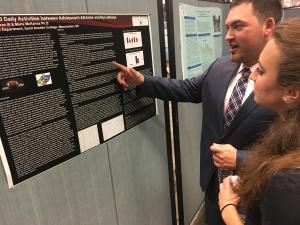
There are a number of words Saint Anselm College seniors, by nature, are less than fond of. These include, but are not limited to, the words graduation, job, and leaving. An additional member of this word list is thesis, and senior Psychology majors in particular become quite acquainted with its meaning. By the final days of their senior year, students know their thesis - a topic they have chosen and usually one they are passionate about - like the back of their hand. The knowledge gained from each project is put on display, quite literally, at a poster session during which students present their theses to faculty, staff, and students across the college. This year’s poster session took place on April 27 and was, as always, a great success.
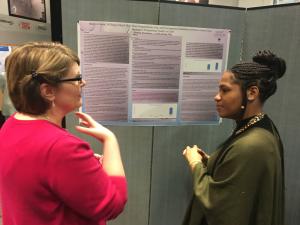
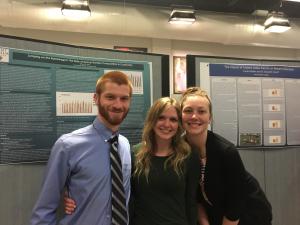
The work leading up to each thesis poster is immense. Seniors choose their topic for an independent, original research project sometimes as early as their junior year.
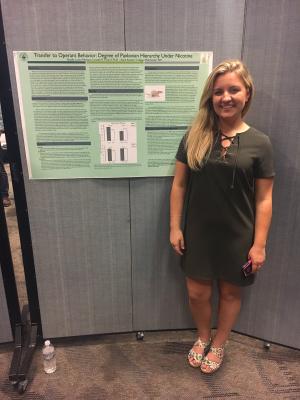
Noelle Michaud, ’18, began her work with Professor Troisi in the department’s animal lab prior to even thinking about her senior thesis, and ended up choosing her topic based on this experience. Thesis ideas are pitched formally to Psychology Department faculty in a presentation, and faculty provide guidance to the student about how to improve their idea and design. From there, the student typically chooses one faculty member to act as a mentor
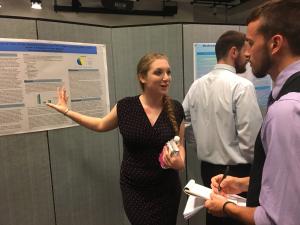
throughout the entirety of the project. Many seniors then send an application outlining the details of their project to the on-campus Institutional Review Board (IRB) and are cleared to begin research, which they complete on their own with the help of their faculty co-researcher. Upon completing the research itself, a formal paper which extensively discusses the research and its implications makes up a substantial portion of the project’s grade.
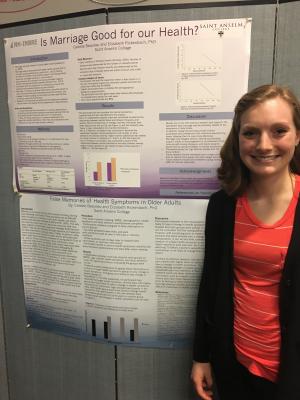
While the poster session is the conclusion of the research at the college, some students
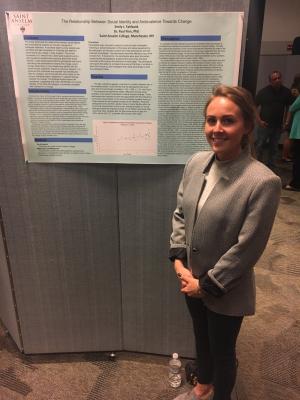
continue building upon their findings post-graduation, either in graduate school or independently. In particular, if students find significance in their data, they are highly encouraged to explore the possibility of publication of their research. This was the case for Emily Fairbank, ’18, who - to her surprise - found significant findings in her research about resistance to change in the workplace. Regardless of the results, the work is a great learning opportunity and can also serve as motivation to further research in the topic area.
Being in a smaller department at a smaller college is truly conducive to a genuine sense of community, and such is made evident around the time of senior theses. Professor Finn is known to give a rose to each senior in exchange for the thesis they
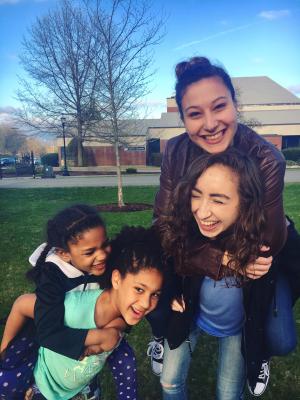
give to him. After the poster session, a department barbecue on the Quad gathers students, faculty and the families of faculty to enjoy each other’s company and discuss the achievements of the department over the past year, particularly in the senior theses. There is something special about eating hot dogs and hamburgers cross-legged on the grass with your professors and playing with their children. These elements of the poster session and barbecue make evident that being a part of this department is a lot more than just doing a project for a grade. My guess is that seniors may not cringe as much when they hear the word thesis now. I bet they think about hard, rewarding work, encouraging faculty who care about them, and roses.
